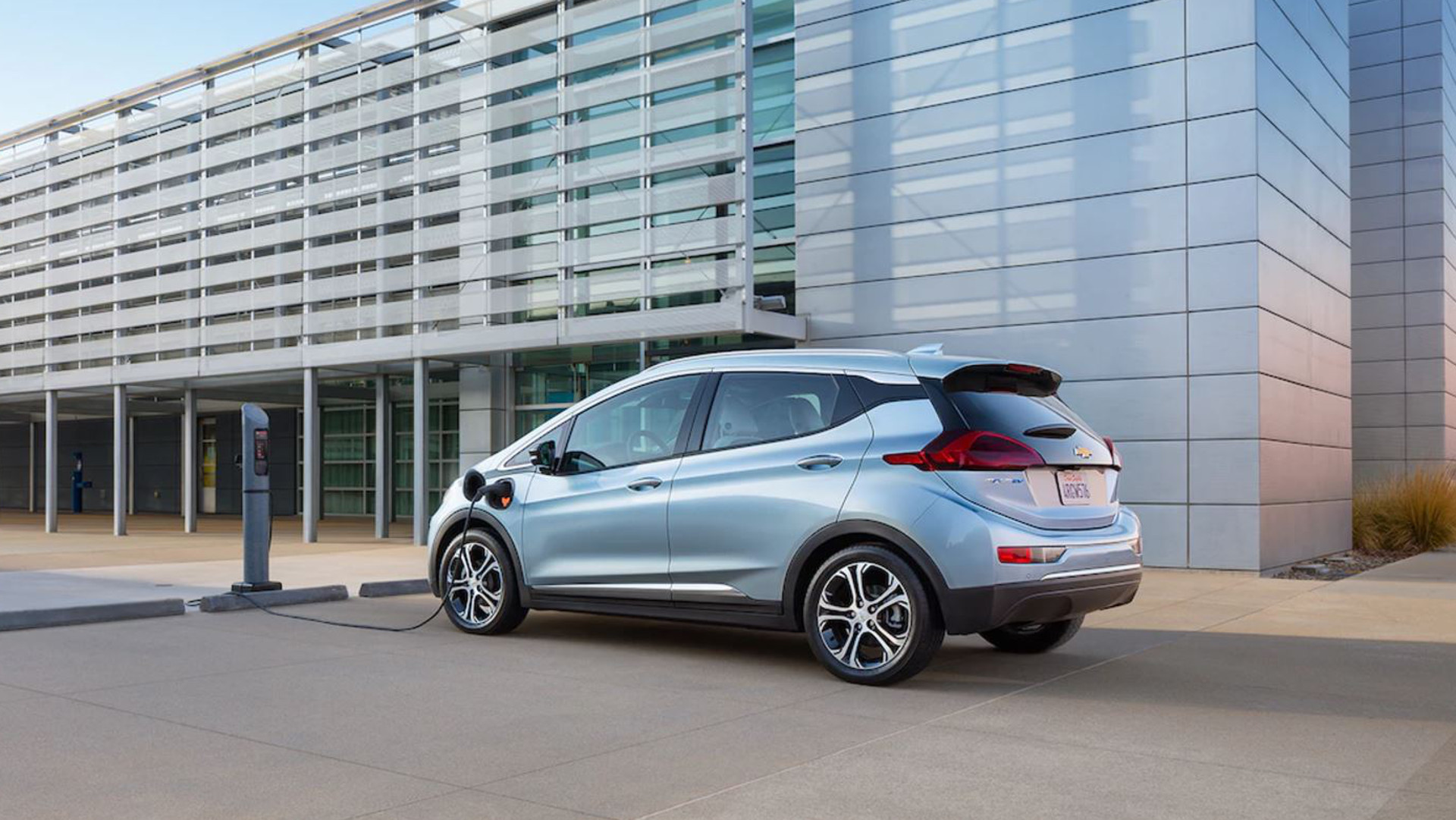

Mass adoption of electric cars will mean the end of the gas station, but it could also mean the end of the convenience stores attached to many gas stations, according to a new Washington Post report. Without a need to stop for gas, drivers will be less likely to buy things like energy drinks and soda, the report says.
The report cites Morgan Stanley analysis claiming that electric cars will have a negative impact on convenience-store profits. But the convenience-store industry believes electric cars won’t surpass internal-combustion vehicles for decades, and thus don’t view the threat as immediate.
The National Association of Convenience Stores’ Jeff Lenard said fuel only accounts for 40 percent of profit for gas stations. Convenience-store sales account for the rest. The most common items bought are beverages, with a National Association of Convenience Stores survey showing that more than half of customers that went in stores bought drinks.
“Beverages drive sales, and beverages drive profits at convenience stores, so any competition that could reduce those sales and those profits is a concern,” Lenard told The Washington Post. “However, I think that stores will do what they always do: They’ll find a better way to compete.”
Electric cars won’t completely eliminate convenience stores’ business, the Morgan Stanley report said. Sales of alcohol and tobacco are likely to be unaffected, according to the report. Consumers tend to buy sugary drinks and snacks impulsively while stopping for gas, but they’re more deliberate about buying booze and cigarettes.
Charging could provide another lifeline. If charging times don’t dramatically decrease, consumers will have plenty of time on their hands to buy things. Today’s DC fast-charging stations take 30 minutes to charge most electric-car battery packs to 80 percent capacity, and Level 2 AC systems take even longer. Faster systems may appear in the future, but for now, charging creates a captive audience.
Electric cars are powerful weapons against climate change, and the convenience-store industry’s data indicate they could help drivers’ waistlines too. But beneficial new technologies can have unintended consequences, like putting scores of store owners out of business. As electric cars become more popular, comprehensive analysis of their impact is essential.